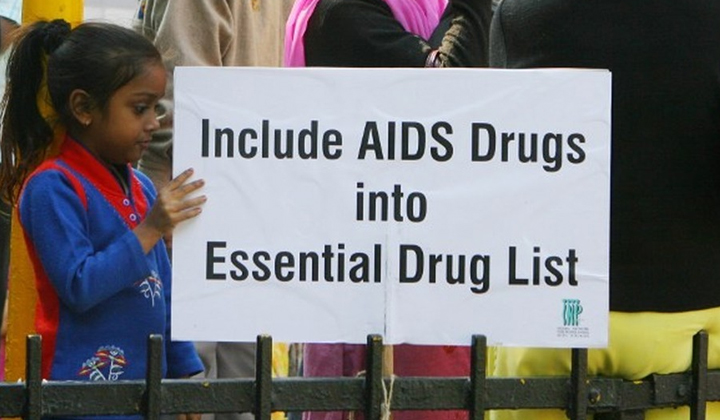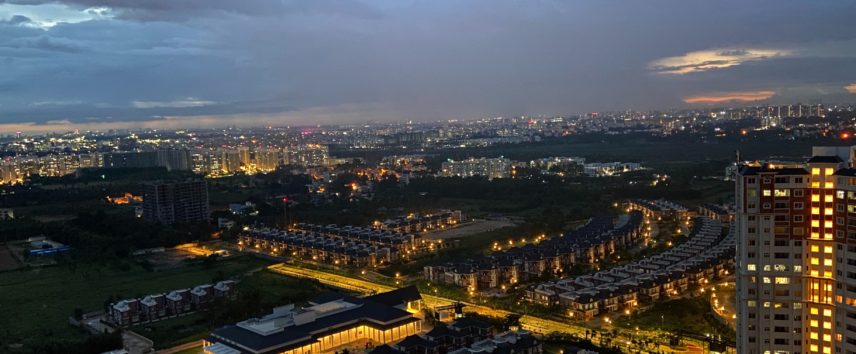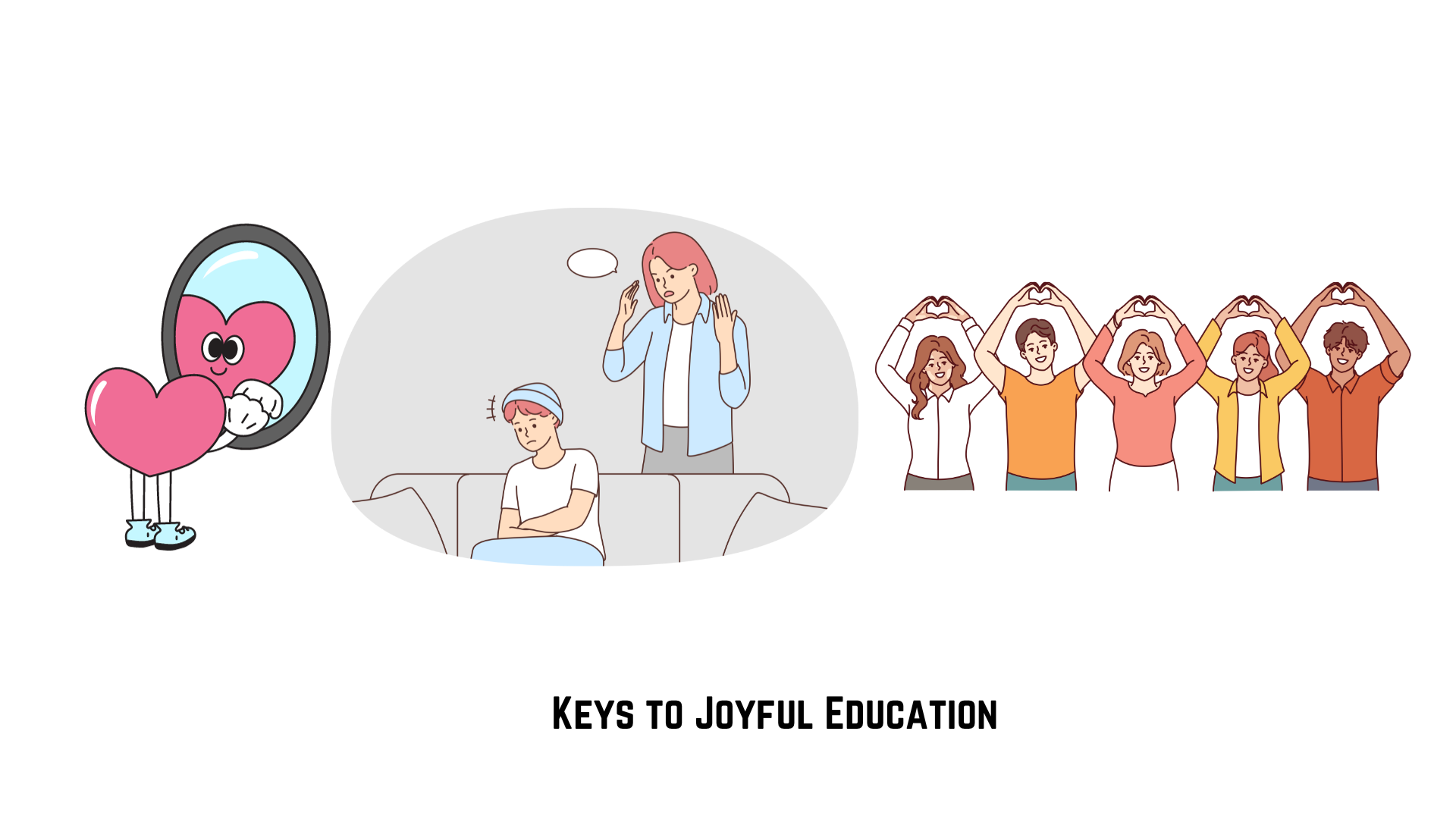Trending Now
- IPL 2024 begins with a bang. First contest between CSK and RCB.
- Election commission allots mike symbol to Naam Thamizhar Katchi
- AIADMK promises to urge for AIIMS in Coimbatore, in its election manifesto.
- Ponmudi becomes higher education minister.
Columns
Why reticent HIV patients in Ahmednagar are braving stigma to organise street protests
![]() June 22, 2016
June 22, 2016
Maharashtra has suffered repeated stock-outs of antiretroviral therapy drugs for the past two years, but the shortage seems to have worsened since March.
It is unusual for HIV positive patients to stage protests. This is because people living with the Human Immunodeficiency Virus usually do not want to be identified, fearing social stigma and discrimination.
But in May, the repeated stock-outs of antiretroviral therapy drugs in government-run ART centres in Ahmednagar, Maharashtra, compelled people living with HIV to organise a protest before the district’s highest authority: district collector, Anil Kawade.
The protest was the culmination of months of anxiety and frustration.
The ART centre at Ahmednagar’s district civil hospital has been facing repeated shortages of ART drugs since March, and organisations working with people living with HIV had written letter after letter seeking to understand what exactly was the problem.
“We decided enough was enough, and decided to protest against it,” said Prashant Yende, president of the Network of Ahmednagar District People Living with HIV, which is part of a larger community of people living with HIV in Maharashtra and India.
Severe shortages
Maharashtra has suffered repeated stock-outs of ART combination drugs for the past two years. But in the last three months, the shortage seems to have worsened. In Ahmednagar, the drug combination Zidovudin-Lamavudine was not available at all from March.
On May 1, Yende wrote a letter to the collector intimating him of the proposed protest. In the letter, Yende wrote that there are 13,972 people, including 709 children, living with HIV who have been affected by the severe stock-outs in the district. He wrote:
“This is a life threatening situation for us. Many of us have no social standing in the community or families. We do not have money to buy ART or check our CD4 [immunity] levels. Only if we get ART medicines can we lead a good life with HIV.
“As a representative of the Network of Ahmednagar District of People Living with HIV, we request you to please convey our agony to the concerned authorities and help us get justice. We request the authorities to provide us the medicines on time and save our lives.”
Yende, who is HIV positive, had not received the Zidovudin-Lamavudine combination for a few months from the state-run centre, but purchased it from Taal, a community pharmacy, the corporate social responsibility arm of the drug company, Emcure. It provides medicines in a few districts in Maharashtra, including Ahmednagar, for half the market price.
“Many cannot afford medicines from outside,” said Yende. “This could develop resistance in a patient, or the patient may develop opportunistic infection because of lack of immunity. This is like slow poisoning of the community.”
On May 3, a day before the protest, Yende along with others in the organisation started calling their network of HIV positive people, many of whom agreed to attend. They also sent a press note to local newspapers. They also also visited the ART centre at the district hospital and asked people to come for the andolan.
The response was good.
In one voice
“We felt that many won’t come forward to protest for a cause like this,” said Sangeeta Darade, an activist with Vihaan, an NGO that works in the area of care and treatment of HIV positive people. “But only for this cause, many who had not revealed their HIV positive status also came.”
Kirtiman, 42, took a day off from work to join the protest. An employee at one of the industries at the nearby Maharashtra Industrial Development Corporation, he has not told his employers about his HIV positive status.
“I lost my entire family to HIV,” said Kirtiman. “Now I have remarried and have a son. I have been getting my medicines, but had been hearing about others who are on a different dose and not been getting medicines. They were tired of coming to the ART centre again and again. I felt I should do something for them too.”
Darade tested HIV positive after her pregnancy in 2006. She and her husband attempted to commit suicide soon after, but she escaped death, and decided to help others as ignorant as she was.
Darade friends such as Kalpana Raut, 42, also joined in. Raut, who does odd jobs in her village in Newasa taluk, took a two-hour bus ride to join the protest in Ahmednagar.
Raut lost her husband to HIV, but all her children are negative. She was forced to buy medicines from Taal after the state-run ART centre ran out of drugs.
“I am fortunate to know about Taal, and can afford it,” said Raut. “How many can afford this drug?”
Nagpur too
On May 4, the group of 70-80 people, many of them HIV positive, congregated outside the district collector’s office and shouted slogans such as “ART aamcha hakk aahe. (ART is our right. We should have it.)”
At around 4 pm, the district collector sent the group a letter saying that the administration would look into the matter.
The group was photographed, and the event was covered in Marathi papers the next day.
A few days later, on May 13, the Nagpur bench of the Bombay High Court heard a public interest litigation on the same issue from Nagpur. The petition had been filed by the Nagpur-based Sanjeewan Bahuuddeshiya Samaj Seva Sanstha, an NGO that works with people living with HIV through their lawyer, Vivek Awchat.
“The shortages began in January,” said Babita Soni, from the NGO. “We went to the collector and spoke of the problem. With no clear solution in sight, we decided to move a PIL.”
The PIL stated that since people living with HIV are discriminated against, they “don’t come forward to put forth their grievance before the authorities with the fear that if their status as HIV infected is disclosed they will have to face discrimination and harassment.”
The PIL, however, attaches 100-odd signatures of HIV patients who support it.
Dr Abhimanyu Niswade, the dean of the Government Medical College and Hospital in Nagpur, which runs the biggest ART centre in the district, filed an affidavit in reply to the PIL in April.
It was revealing.
In the affidavit, the dean admitted to a total stock-out of ART drugs – Efavirenz, Tenofovir-Lamivudine, and paediatric formulations of Lopanavir and Ritonavir. It said that there have been stock-outs in Nagpur since January.
The dean stated that doctors at the centre have been “compensating” by changing the dosage whenever there is a stock-out. This, he said, can be avoided if the regular supply of drugs is maintained.
He held the National Aids Control Organisation, or NACO, and its subsidiary, the Maharashtra State Aids Control Society, responsible for the stock-outs, as they are supposed to monitor, forecast, procure and distribute drugs effectively.
In the last court hearing, on June 9, the government pleader for the Maharashtra body informed the high court bench that inadequate funding was to blame for the stock-outs of medicines in ART centres.
On June 13, the government medical hospital in Nagpur declared a stock-out of Tenofovir-Lamivudine yet again.
The ball is now in NACO’s court. “We feel this PIL should result in a favourable order,” said Soni. “We have not understood from any authority why there have been such stock-outs. NACO, however, will have to reply to the court.”
Disclaimer: The views expressed above are the author’s own






















